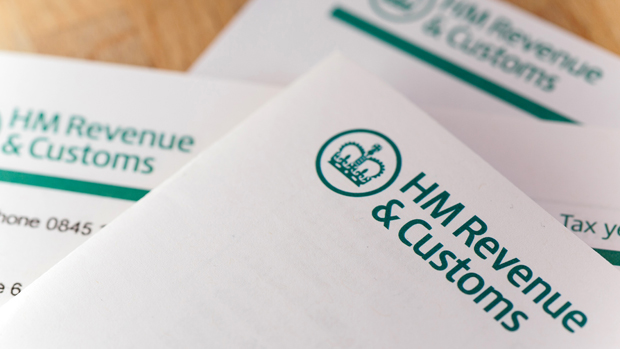Working tax credits: why they face the chop
The Conservative election win means working tax credits are likely to be replaced by 2017

A free daily email with the biggest news stories of the day – and the best features from TheWeek.com
You are now subscribed
Your newsletter sign-up was successful
Working tax credits, a state benefit made to low-income workers, were introduced by the Labour government in 2003 – and are now likely to be phased out.
They are one of two types of tax credits – the other is the child tax credit. Working tax credits top up the earnings of lower paid workers and workers with a disability, whereas child tax credits are paid to all, regardless of whether the claimant is in work.
With a new £12bn round of welfare cuts coming in a few weeks, there have strong indications that tax credits are in the crosshairs after Prime Minister David Cameron spoke out against what he described as a the "merry-go-round" which sees the Government taxing lower earners only to give them handouts. Any cut would be controversial and is already being presented as an attack on the poor which could exacerbate child poverty.
The Week
Escape your echo chamber. Get the facts behind the news, plus analysis from multiple perspectives.

Sign up for The Week's Free Newsletters
From our morning news briefing to a weekly Good News Newsletter, get the best of The Week delivered directly to your inbox.
From our morning news briefing to a weekly Good News Newsletter, get the best of The Week delivered directly to your inbox.
Of course, one way to erode tax credits is to tackle low pay and Cameron could seek to ensure employers fill any gap created by restrictions to in-work benefits. This option was dealt a blow after both the British Chamber of Commerce and the Institute of Directors warned of the consequences of attempting to fill a £5bn tax credit cut with an increase in the minimum wage Labour claims would need to be in the order of 25 per cent.
Who qualifies for working tax credits?
If you are on a low income, you could qualify if you're aged from 16 to 24 and have a child or a qualifying disability, or if you're 25 or over, with or without children. The government has provided an online tax credits calculator to help you discover if you qualify.
How much can you get?
A free daily email with the biggest news stories of the day – and the best features from TheWeek.com
The basic amount of Working Tax Credit is up to £1,960 a year. However you could get more (or less) depending on your circumstances and income.
Which? has published a table that shows how much you could receive in tax credits for the tax year 2015/16. For instance, a single, childless person aged 25 or over working 30 hours or more a week and earning £10,000 a year could be entitled to £1,275. However, if you have three children and your household income is £10,000, you could qualify for as much as £12,135.
How are working tax credits paid?
Tax credit payments are made either every week or every four weeks. You choose which of the schedules you prefer when you fill in your claim form. It can take up to five weeks to process a new claim. Millions of UK households receive these payments.
But isn't the tax credit system being replaced?
Work and Pensions Secretary Iain Duncan Smith is rolling out a new system, known as universal credit, under which six working-age benefits, including tax credits, will be merged into one. The new system is being introduced gradually, with the hope of it being fully in place in 2017. However, Labour had said it would "pause and review the programme" if it won the general election, and had committed to inflation-level increases in all tax credits throughout this parliament.
Credits have been a political football for some time, with one charity arguing that taxpayers are picking up the bill for low-paying firms. According to Citizens UK, the Treasury pays out £11bn year in benefits and tax credits to the 22 per cent of the UK workforce who are paid less than the living wage.